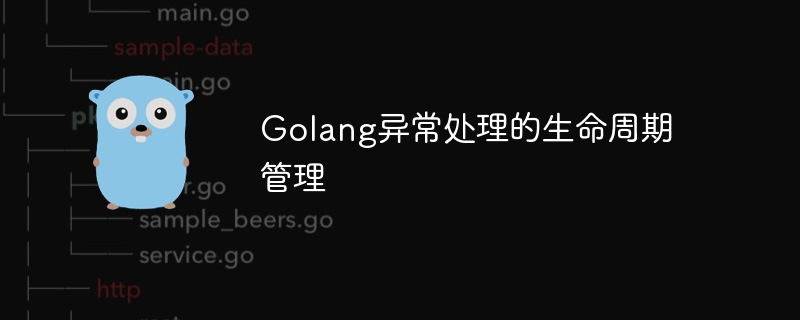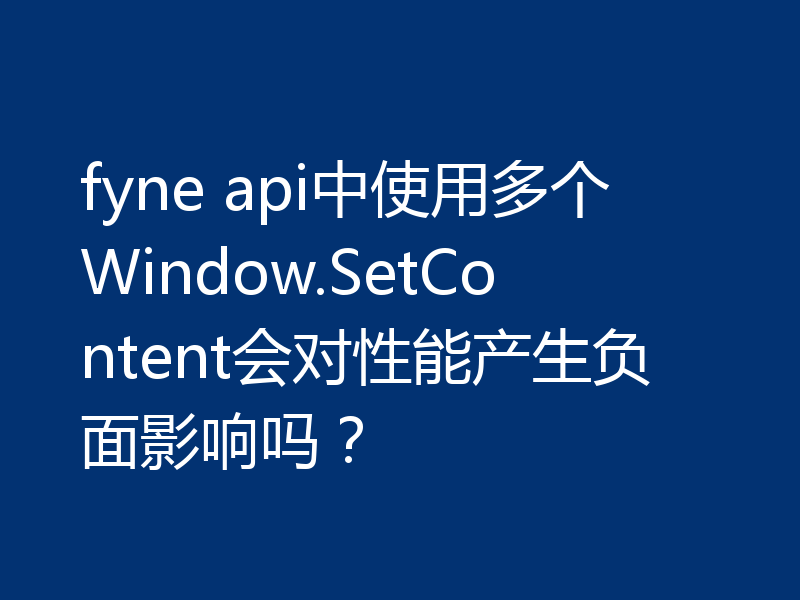Go语言适用于多种场景,包括后端开发、微服务架构、云计算、大数据处理、机器学习,以及构建RESTful API。其中,使用Go构建RESTful API的简单步骤包括:设置路由器、定义处理函数、获取数据并编码为JSON、写入响应。

Go语言常见的应用场景
Go语言是一种多功能的编程语言,具有并发性、高效性和跨平台特性,使其在各种应用场景下发挥优势。
后端开发
云计算
数据处理
工具和实用程序
网络和安全
实战案例:构建 RESTful API
以下是使用 Go 构建 RESTful API 的简单实战案例:
package main
import (
"fmt"
"log"
"net/http"
"github.com/gorilla/mux"
)
func main() {
router := mux.NewRouter()
router.HandleFunc("/", HomeHandler).Methods("GET")
router.HandleFunc("/users", UsersHandler).Methods("GET")
router.HandleFunc("/users/{id}", UserHandler).Methods("GET")
fmt.Println("Starting server on port 8080")
log.Fatal(http.ListenAndServe(":8080", router))
}
func HomeHandler(w http.ResponseWriter, r *http.Request) {
fmt.Fprint(w, "Hello, world!")
}
func UsersHandler(w http.ResponseWriter, r *http.Request) {
// Get all users from the database
users := []User{
{ID: 1, Name: "Alice"},
{ID: 2, Name: "Bob"},
{ID: 3, Name: "Charlie"},
}
// Encode the users into JSON and write it to the response
if err := json.NewEncoder(w).Encode(users); err != nil {
http.Error(w, "Error encoding users", http.StatusInternalServerError)
}
}
func UserHandler(w http.ResponseWriter, r *http.Request) {
// Get the user ID from the request
id := mux.Vars(r)["id"]
// Get the user from the database
user, err := GetUserByID(id)
if err != nil {
http.Error(w, "No user found with that ID", http.StatusNotFound)
return
}
// Encode the user into JSON and write it to the response
if err := json.NewEncoder(w).Encode(user); err != nil {
http.Error(w, "Error encoding user", http.StatusInternalServerError)
}
}
type User struct {
ID int `json:"id"`
Name string `json:"name"`
}
func GetUserByID(id string) (*User, error) {
// This function is a placeholder for a more complex implementation that
// would retrieve a user by ID from a database.
user := &User{
ID: 1,
Name: "Alice",
}
return user, nil
} 




